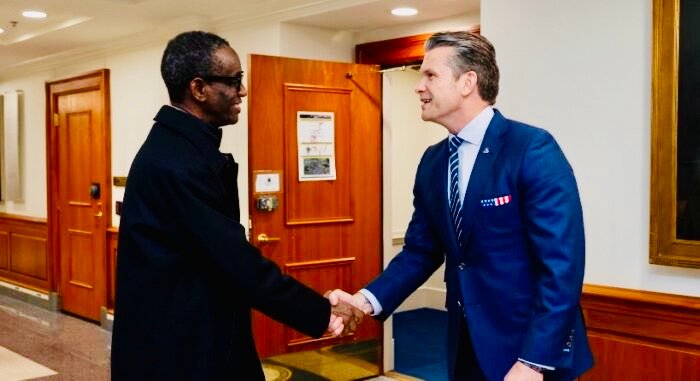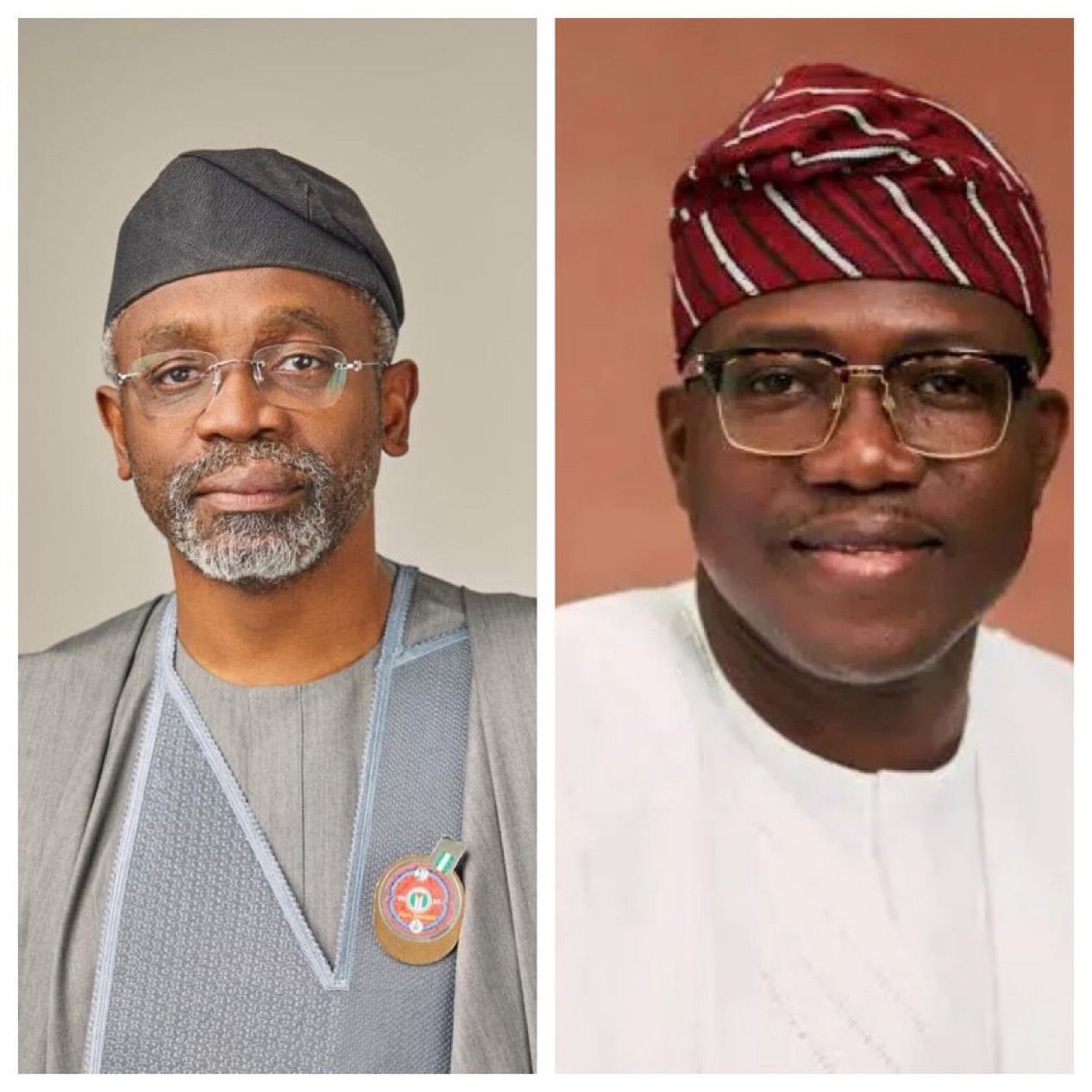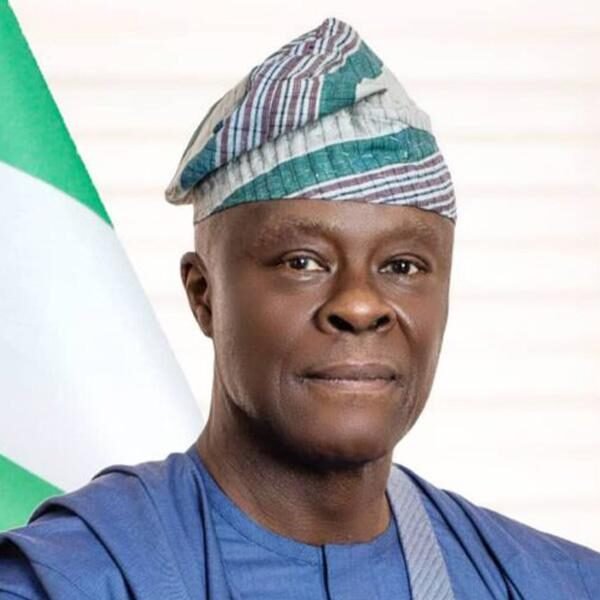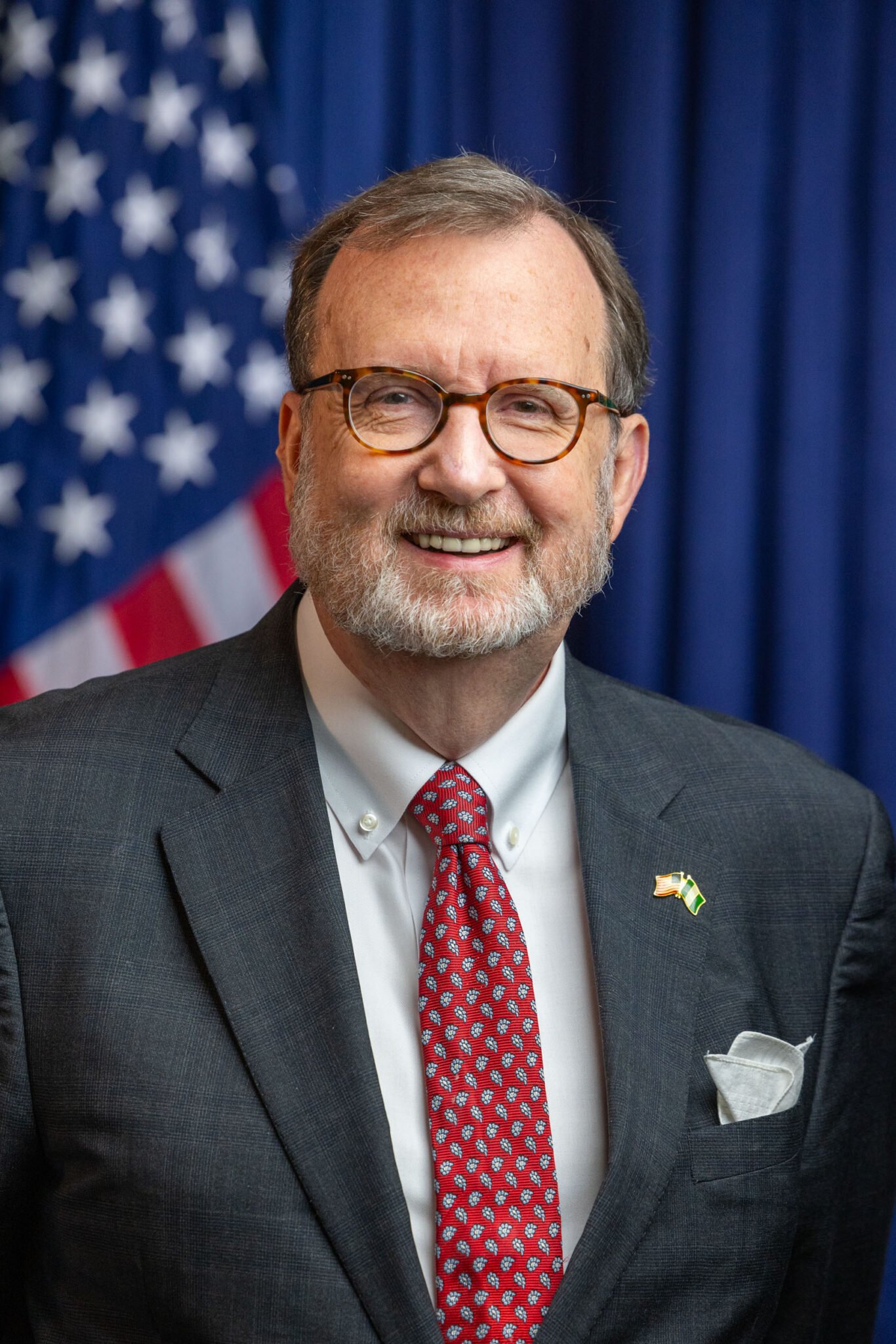Nigeria has renewed its campaign for Africa to secure a permanent, veto-wielding seat on the United Nations Security Council, arguing that global governance reforms can no longer be postponed. The call was delivered by Vice President Kashim Shettima on behalf of President Bola Ahmed Tinubu at the first plenary on Peace, Security, Governance and Multilateralism during the 7th African Union–European Union Summit in Luanda, Angola.
Tinubu said Africa’s exclusion from the veto-holding circle is no longer acceptable and urged Europe to support long-standing reform demands. “It is time for Africa to occupy permanent seats on the UN Security Council, with all attendant privileges, including the veto,” he said.
The President insisted that meaningful progress requires “genuine text-based negotiations under the Intergovernmental Negotiations (IGN) framework,” urging EU member states to back the continent’s “long-standing and legitimate call for reform of the United Nations.” He argued that the credibility of multilateralism depends on fixing structural inequalities that have persisted since 1945.
Also Read:
- US Weighs Sanctions, Pentagon Role to Protect Christians in Nigeria
- Trump Condemns Killings of Christians in Nigeria, Calls Nigeria Country of Particular Interest
- Nigerian Bloodbath: Over 3,000 Christians Slain in 2025, Trump's Invasion Threat Ignites…
- Arbiterz Jobs: African Development Bank Group, Palladium, Mastercard, Jumia
Tinubu said Africa’s demographic weight, security challenges and contributions to peacekeeping give it a rightful claim to the table where binding global decisions are made. He added that Africa’s growing political stakes make inclusion essential for global stability.
Nigeria warned that Africa’s rising security threats demand urgent, improved global cooperation. The President listed armed conflict, illicit weapons flows, climate stress, irregular migration and political instability as interconnected pressures worsening insecurity across the continent.
He noted that despite the EU’s sustained support since the African Peace and Security Architecture was created in 2002, the region continues to face terrorism, insurgency and organised crime. “As of early 2025, over 120,000 Boko Haram-affiliated individuals, including family members, have surrendered,” he said, presenting Nigeria’s progress against extremist groups.
Tinubu emphasised that more than 250,000 Boko Haram-linked individuals have surrendered through Nigeria’s combined kinetic and non-kinetic strategies. He highlighted the Multinational Joint Task Force (MNJTF) in the Lake Chad Basin as proof that African-led security interventions can deliver results.
He also pointed to the new Sea-Lift Agreement between the Nigerian Navy and the AU Standby Force, which aims to strengthen rapid deployment for peacekeeping and humanitarian operations. According to him, these measures reflect Africa’s growing capacity to manage its own crises.
Turning to irregular migration, Tinubu warned that criminalising mobility has increased insecurity rather than reducing it. He said solutions must recognise demographic realities and economic pressures that shape cross-border movements.
“Seasonal mobility has underpinned West African civilisation for centuries,” he said, proposing alternatives such as structured labour pathways and cross-continental skills partnerships. He argued that safe and productive migration channels would benefit both Africa and Europe.
The President condemned the resurgence of Unconstitutional Changes of Government (UCGs) across Africa, blaming external pressures that distort fragile systems. He announced the launch of the Regional Partnership for Democracy (RPD), created by Nigeria and neighbouring states to support constitutional order, tackle extremist narratives and strengthen governance reforms.
He also drew attention to conflicts in Sudan and South Sudan, calling for accountability for external actors fuelling violence and emphasising the need for sustained diplomacy.
Tinubu reaffirmed Nigeria’s opposition to using private military contractors on the continent, warning that such actors complicate peace efforts and undermine state sovereignty. He said Africa’s long-term stability depends on strengthening official state-led and regional mechanisms.
He described the EU as an essential partner at a time when global commitment to multilateralism is weakening.
Tinubu said Nigeria remains committed to promoting peace, security and democratic governance across Africa. He expressed gratitude to Angola for hosting the summit and thanked the EU for its continued support to AU peace and security programs.
























